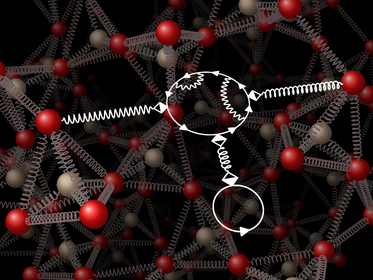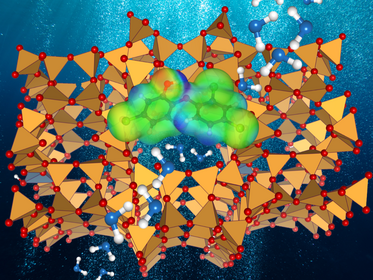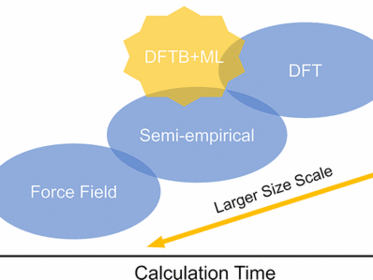
an einem Hybridinterface

The Bremen Center for Computational Materials Science (BCCMS) is an interdisciplinary research center of the science and engineering faculties at the University of Bremen (UB). The major research focus is related to fundamental and applied topics in Computational Materials Science.
By using state-of-the art multiscale methods ranging from atomistic quantum mechanics over coarse-graining approaches up to micro- and macroscopic continuum theory, we particularly deal with problems related to the structural design of complex materials in order to develop novel functional materials and devices in close cooperation with experimental and industrial partners.


